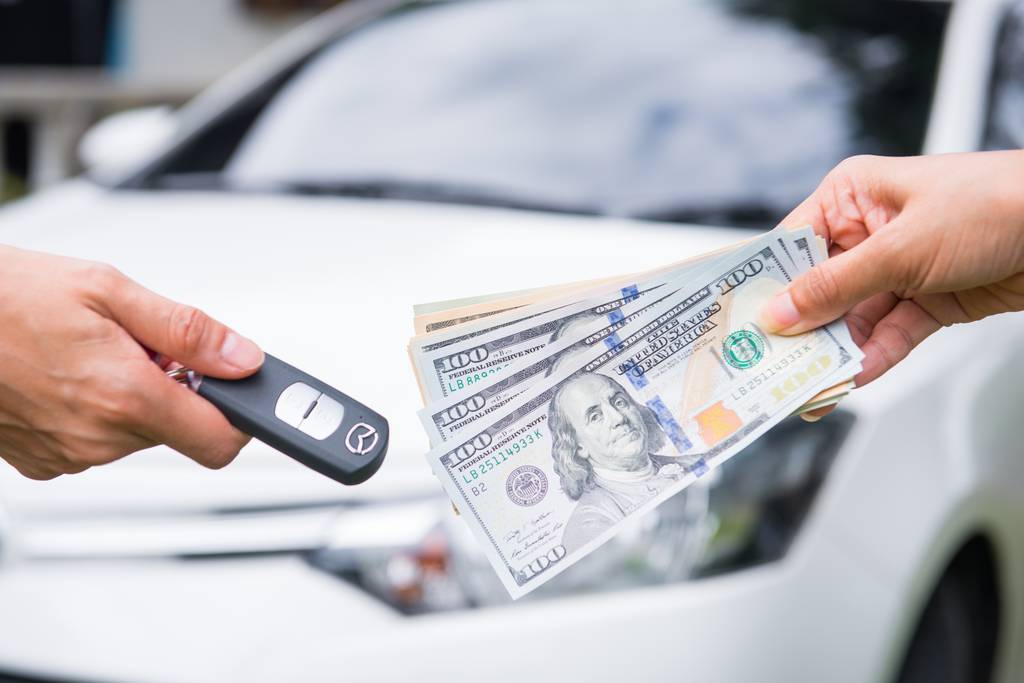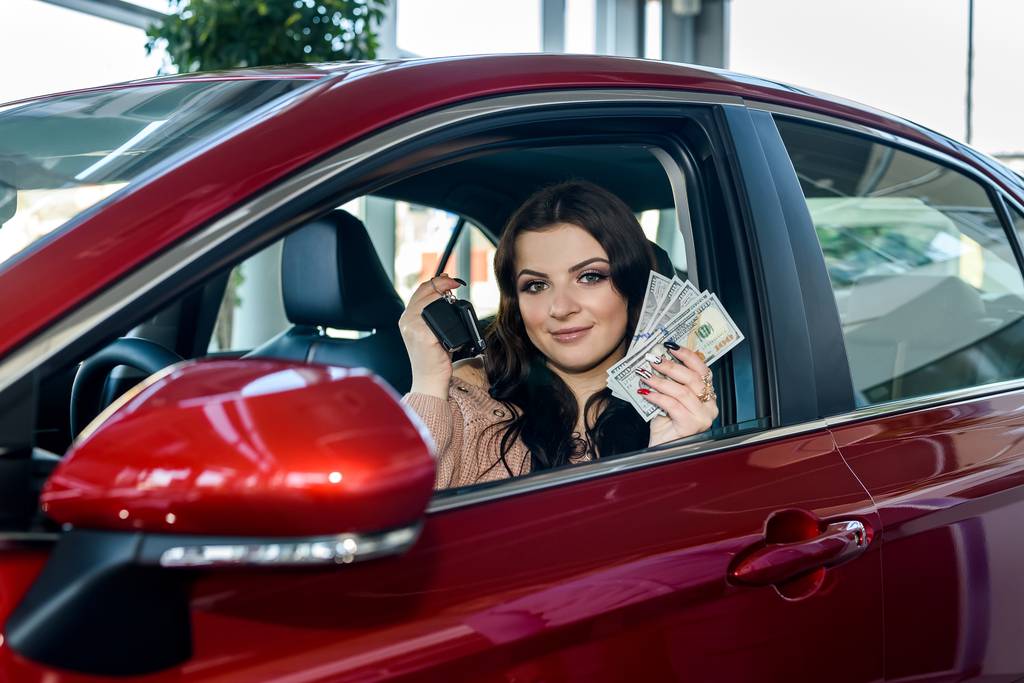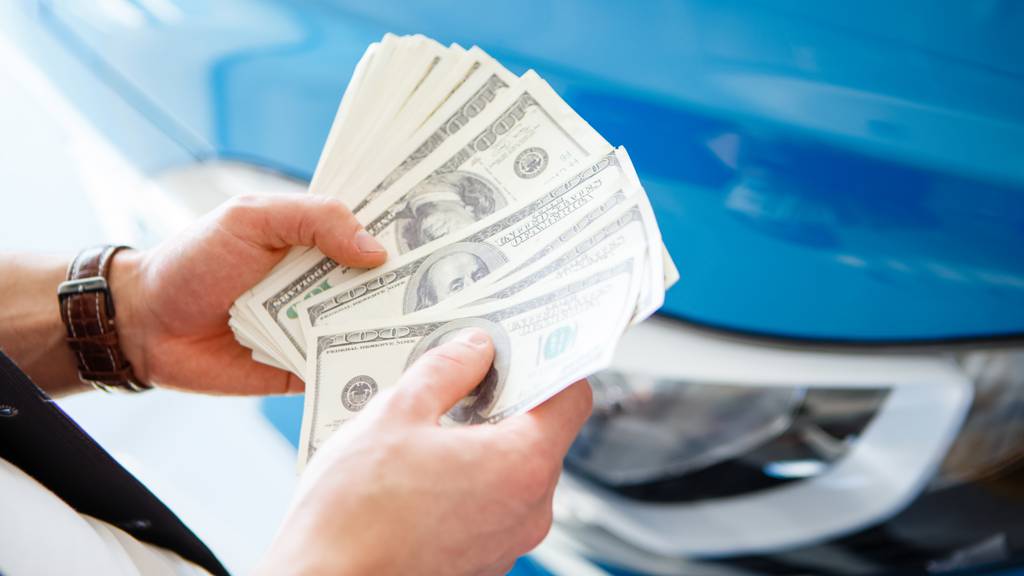Financing a car is almost an automatic step. With the cost of the average car in the neighborhood of $32,000, very few people pay cash for a car. Yet this is just one of many times we shouldn’t go with the flow. There are plenty of reasons to pay cash for a car, as well as a number of ways to do it.
This topic came to mind in response to an email that I received from a listener named Stephanie.
Hi Rob, I recently graduated from graduate school and have a good paying job. After getting the job I immediately bought a brand new car because I had no money to put down and my old car broke down. I financed the car for 60 months at 0% interest. I used the rebates on the new car as my down payment. The balance of the loan is a little over $32,000 and I am also paying off credit card debt of $5,000, which is also interest free for a few more months.
When I finish paying off the credit cards, is it worth it to pay off my car early considering there is no interest on the loan? Also my gross income is about 4 times the cost of the car and the payment is 4.25% of my gross monthly pay and about 8.5% of my net monthly pay. I bought a top of the line Ford Fusion. Did I purchase too much car considering my income? Thanks in advance for any advice that you can offer.
Important Answers To the Right Questions
Stephanie is asking all the right questions! But we can boil it down to two primary questions, and I’ll take a shot at both:
1. Should I Pay off the 0% loan early?
My answer is no. There’s no reason to pay it off, even if you have the cash. Having money in the bank gives you liquidity, and that makes everything easier. And if you can earn interest on your savings - while paying zero on the loan - you come out ahead by not paying off the loan early.

2. Did I purchase too much car considering my income?
Based on income alone, she didn’t buy too much car. But let me add that I think this is actually the wrong question. The better question is, “Did I purchase too much car based on my overall financial situation?” In that case, my answer changes. Considering that she had to finance the purchase and has credit card debt, the answer is yes. You purchased too much car.
Car dealers love to put people into new cars based on their income. Realtors like to do the same thing with homes. As a rule of thumb, never, and I mean never, ask a car salesperson how much car you can afford. Ditto with realtors and homes. When it comes to cars, how much you can afford should depend on your overall financial situation, namely, your income, assets, net worth, and future goals.
Related: How Much Car Can You Afford?
Not Enough Cash?
It may be ideal to purchase a car with cash, but it’s unrealistic for many people. And for that reason, finding a car loan is essential to making a purchase.
Monevo is an online platform that helps you find and compare lenders. This improves the likelihood of securing a loan with a term and interest rate that suits your monthly budget.
Compare Car Loan Offers
Why You Should Pay Cash for a Car
The short answer is “because owning a car is expensive!” And owing money on it makes it even more expensive. In its 2014 survey, AAA determined that the average cost to own a car is $8,876 per year, based on 15,000 miles of driving. Now that’s an average, and it can be affected by the cost of the car you own, how much you drive, where you live, and of course, how much you borrow to buy it. It’s an ugly number, especially when you consider that many or even most households have two or more cars.
But let’s get a little bit more specific. Why should you pay cash for a car?
1. You’ll Spend Less By Paying Cash
Paying cash for a new car is tough. It hurts to pull money from a savings account to buy a car you know will go down in value. That will serve as the built-in limit on how much you will pay for the car. On the other hand, it’s pretty easy to sign a note to cover most of the cost of buying a new car. You won’t be so concerned with the final cost of the vehicle as long as it isn’t coming directly and immediately out of your bank account. Financing will encourage you to buy a more expensive car.
2. Paying Cash Can Get You Discounts
You may have to choose between a rebate (discount on the price) and zero-interest financing. That means that zero interest isn’t free. Cash gets you the discount price, which is the cost you pay for taking advantage of zero percent financing. And when you pay cash, you may even be able to negotiate a better price, particularly on a used car.
3. You Avoid Paying Interest
This is, of course, completely obvious, but it’s worth repeating. You won’t pay any interest if you don’t finance your purchase. How important is that? If you borrow $32,000 for five years at 6%, you’ll have a payment of $618.65 per month. That means you’ll pay a total interest of $5,118.98 over the life of the loan.
4. Paying Cash Requires Financial Discipline
It takes discipline to pay cash because paying cash is not easy. But when you develop discipline in one area of life, it spills over to other areas, which will serve you well.

I recently came across a quote from “The Power of Habit” by Charles Duhigg that makes this point better than I can: “People get better at regulating their impulses. They learn how to distract themselves from temptations. And once you’ve gotten into that willpower groove, your brain is practiced at helping you focus on a goal.”
5. It Forces You To Make an Assessment of What Is Most Important To You
You will not get as nice a car paying cash as you will if you finance it. But that forces you to contemplate how important the car is to you. How important is it compared to choosing between the car and getting out of credit card debt, saving for retirement, or paying for your children’s college?
6. It Enables You To Prioritize Other Financial Goals
Paying cash forces you to think about the most important financial priorities.
Related: What it Really Costs to Own a Car
How To Pay Cash for a Car
Talking about paying cash for a car is easy enough. But how do you actually do it if you agree it’s the right strategy?
1. Get Real About What You Can and Should Afford
Stephanie has this figured out, but many people rely on the car dealer to tell them - and it will be the most expensive car possible when they do. You have to decide how much is enough based on your total financial situation and your future financial goals.
However, just because you can afford it doesn’t mean you should buy it. The decision about buying a car cant be answered in a vacuum. You have to look at how the payment will impact your life.
2. Sell Your Existing Car and Buy a Cheap One
If it was a mistake, your first goal is to get rid of the big debt. If you’re underwater, do you have the cash to buy a cheaper one?
3. Set Up a Budget Item for Your Next Car
How much do you need to save to buy your next car with cash? Know the car, the price range, and how long it will take you to accumulate the money needed. This also forces you to compare your goal of buying a car to buying a home, funding retirement, saving for your child’s education, and any other goals you have.
Cars seem trivial, but they really are expensive, especially over a lifetime. And after a few months, the car isn’t new anymore and doesn’t feel as nice. My current car doesn’t feel as nice as the first car I bought, because the car I drive now isn’t as important to me as it once was.
Compare Car Insurance Plans
It’s Not Easy, But It’s Not Impossible
There are many benefits to paying cash for a car, including avoiding interest payments, getting discounts, and developing financial discipline. Prioritizing your financial goals is also important when deciding whether or not to pay cash for a car.
Be sure to do your research and develop a budget beforehand. This will help you make the best decision for your unique circumstances. However, paying cash is not always the right choice – sometimes it makes more sense to finance a car if you can get a good interest rate and use the money you save to reach other financial goals.
As with any major financial decision, it’s crucial to weigh all your options and make the choice that’s best for you.









